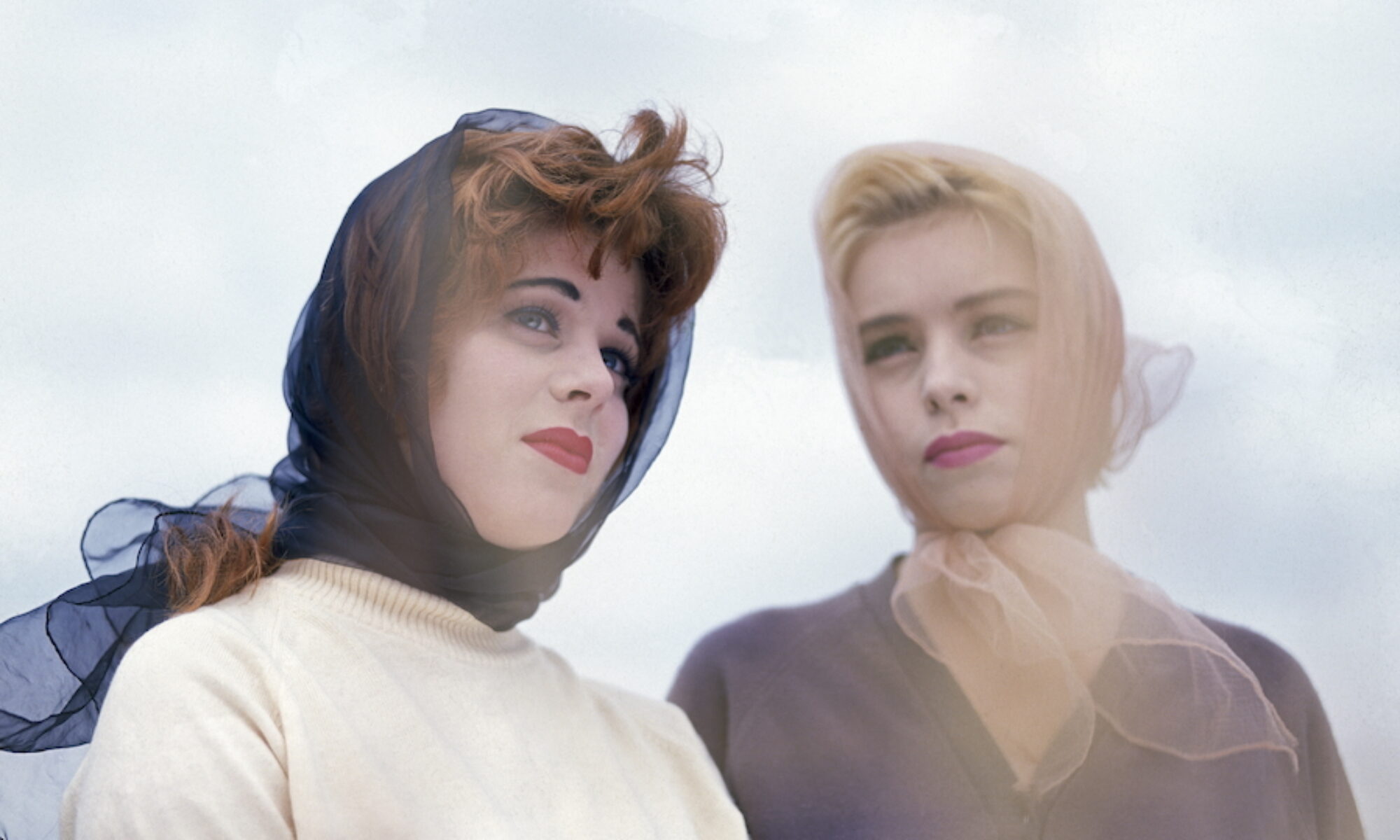how has technology changed your recording process?
matt lorelei: I did most of the grappa record on the caltrain while commuting. guy fixsen mixed the latest lorelei record at home and we shared the files over dropbox. sure is a lot easier to get things done now. not that we move any faster because of it.
daniel handler: ask stephin, he records me.
stephin the magnetic fields: I like autotune, because it lets us use the take with the best feeling, and fix a few iffy parts. it works great on cello.
james dump/yo la tengo: everything is possible, pretty quickly.
hannah grass widow: we use garageband a lot to record our practices. it’s a pretty clear recording and it really lets us ruminate on songs throughout our process. we used to record on a walkman and I have tons of thrift store tapes full of early grass widow recordings.
the legendary jim ruiz: les paul was right after all. it’s out of the studio and into the house.
fran cannane: technology has been the cause of many years of grief leading to a dearth of recordings. we are just starting to recover and deal with this. a golden age for the cannanes coming up…
kim baxter: I’m able to spend a lot more time writing, recording, and mixing at home. I can try out ideas without worrying about how much time I’m spending. I can record 20 different guitar solos and 15 vocal harmonies on one song and not worry about being on the clock. it’s a bit of a nightmare when it comes to mixing, but totally worth it!
stephen the real tuesday weld: it made it possible.
corin tucker: I do like the immediacy of some of the current technology, being able to record something in garage band and immediate add a guitar line to it or a background vocal is quite useful. computers have really made making a record much easier, because more people have access to the recording tools.
stuart moxham: I’m currently working between the analogue stage and the full-on pro tools thing, with digital hard drives which are “musician friendly”, i.e. they operate like tape machines. the editing facilities with digital technology are such a creative tool but I’d love to have a reel to reel again for the pitch control and the 3 speeds.
andrew eggs/talk it: it’s much cheaper now.
rachel blumberg: technology has made the recording process so much more accessible. I’ve recorded in a moving van with just my laptop and a midi keyboard controller and the tiny pinhole mic.
ed shelflife: we can record a pretty great sounding record easily at home — even on an iPad. pretty happy to see the days of throwing tons of money to shady studio engineers, who end up just ruining our songs anyway, are over!
bridget st john: it’s made it daunting for me to know where I should begin to record my next album!
joe pines / foxgloves: all our records have been recorded digitally. it has made a change from recording a guitar on to a tape, then recording along with the tape in a twin cassette player, with intriguingly pathetic results.
jennifer o’connor: it hasn’t too much. I still go into the studio and record the same way I always have (whether it’s to tape or computer) I’m learning more about recording my own stuff though on my computer at home and so it might change somewhat in the future. but I think I will always want some help in that department.
ian musical chairs: I use adobe audition now which actually sounds very good. I love the sound of nice thick analog tape, but editing capabilities alone make digital recording preferable for me, and a whole lot easier on my sanity than using tape. also I can record at home and take 12 years plus to finish an album…so maybe technology’s not such a great thing after all…
gordon the fan modine: the advent of digital recording technology has made getting lost and going overboard a lot easier for me personally. not always bad. and, it has also made certain things seem to sound good when they really don’t — for a lot of people.
allen clapp: well, I’ve gone from a battery powered cassette 4-track to having limitless tracks on a computer, which is not necessarily that great of a thing. the thing that’s important is to remember that making choices in a recording is still important even though the medium no longer forces you to make those choices. having only 4 tracks meant you had to think about the priorities of your arrangements. you just have to be more intentional about those choices in a random-access digital world.
